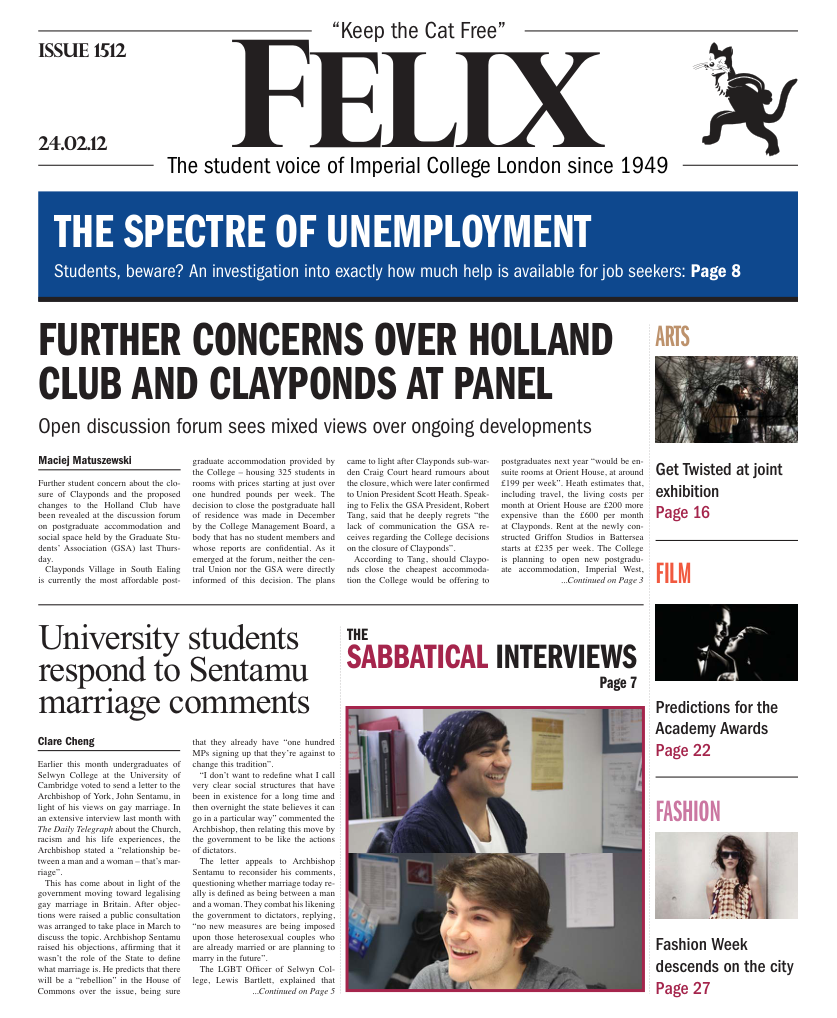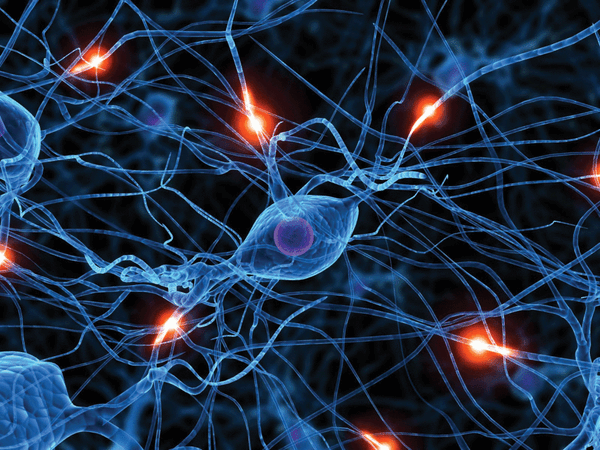New research into Alzheimer’s
What tau proteins can tell us
Alzheimer’s disease affects almost 30 million people around the world but it remains a poorly understood condition with no cure and few effective treatments. However, recent studies by scientists at Columbia and Harvard universities provide tantalising evidence of how the disease spreads through the brain and even offer hope of way to stop it in its tracks.
Tau proteins have a vital function inside neurons in stabilising microtubules, which transport vital chemicals around these brain cells. In Alzheimer’s patients, however, these proteins become distorted and begin to clump together – causing the tubules to collapse and the cells to die. This is known as tauopathy. Tangles of tau protein, along with plaques consisting of the beta amyloid peptide, are main biochemical indicators of Alzheimer’s.
Previously scientists had been divided on whether this tauopathy spread from one area of the brain to neighbouring regions or whether it developed in different areas independently, with some regions being affected first since they were more vulnerable.
Studies on humans had proved inconclusive. Research on mice genetically engineered to produce the distorted human tau was suggested, but was initially abandoned since scientists previously were only able to create mice that produced the faulty protein across their entire brain at the same time, making it impossible to map how it spread with time.
However, in a paper published in PLoS One, the Columbia team describe how they managed to engineer mice which initially only produced the protein in the entorhinal cortex, an area of the brain responsible for memory production that is one of the first to be affected by Alzheimer’s in humans.
Examining the brains of mice of different ages showed clear evidence that tauopathy spread slowly outwards from the entorhinal cortex with time. While scientists are as yet unsure of the exact mechanism that causes this spread they believe that their findings may apply to humans as the dissected mice brains showed striking similarities to those of deceased Alzheimer’s sufferers.
Better knowledge of how Alzheimer’s works may lead to people being able to be diagnosed earlier. More importantly, since these findings seem to prove the theory that the disease originates in one part of the brain, it may be possible to protect neighbouring areas from ‘infection’ – thereby preventing further progression of the disease.
Further research with the genetically modified mice may help to identify specific treatments that accomplish this. Scientists also suspect that other degenerative brain diseases, such as Parkinson’s, might spread through the brain in a similar manner, meaning that it is possible that treatments for them will also be found.








